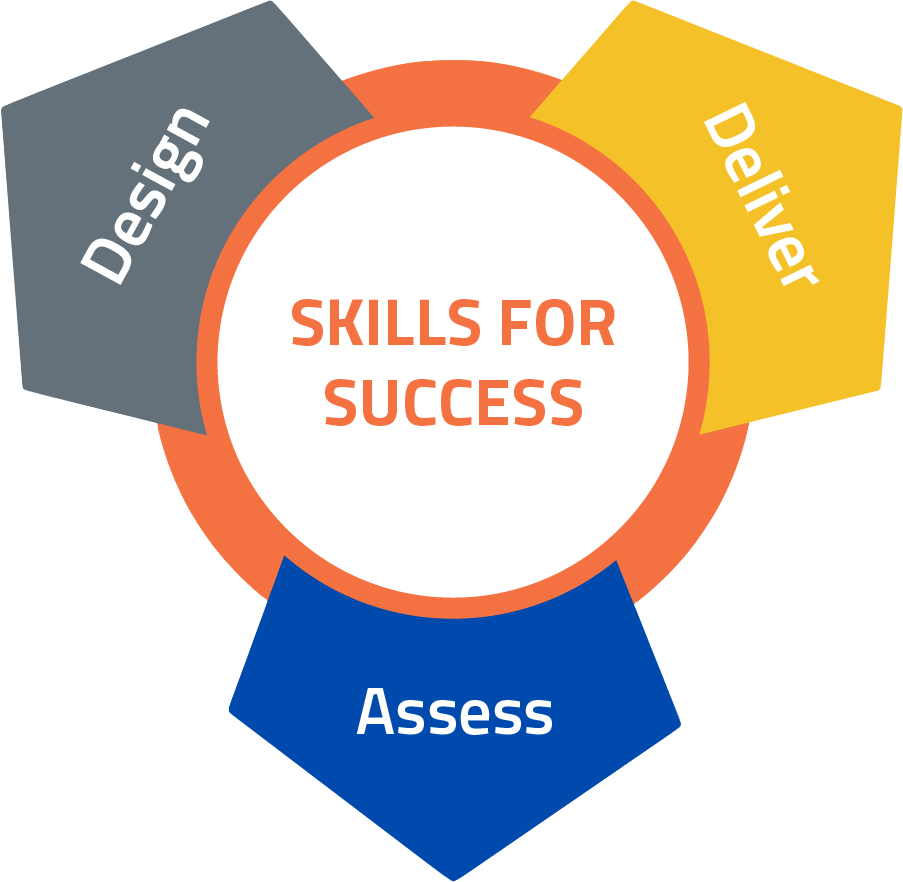The Skills for Success Framework is based on the skills needed to participate and thrive in learning, work and life. Skills for Success include skills that are foundational for building new skills and knowledge and important for effective social interaction. These skills overlap and interact with each other, and with other technical and life skills. They are inclusive and can be adapted to different contexts.
Launch:
History & Evolution:
- Young Adult Literacy Survey (1986)
- Survey of Literacy Skills Used in Daily Activities (1989)
- National Adult Literacy Survey (1993)
- Jones report (1994): Levels for Basic Skills: a research note for the definition of basic skills and development of measurement instruments. Human Resources Development Canada: technical report.
- Mosenthal & Kirsch (1994): Defining the proficiency standards of adult literacy in the U.S.: A profile approach. https://files.eric.ed.gov/fulltext/ED379531.pdf
- OECD’s Definition and Selection of Competencies Project (2005): https://www.oecd.org/pisa/35070367.pdf
- Human Resources Development Canada’s Essential Skills Research Project (1994)
